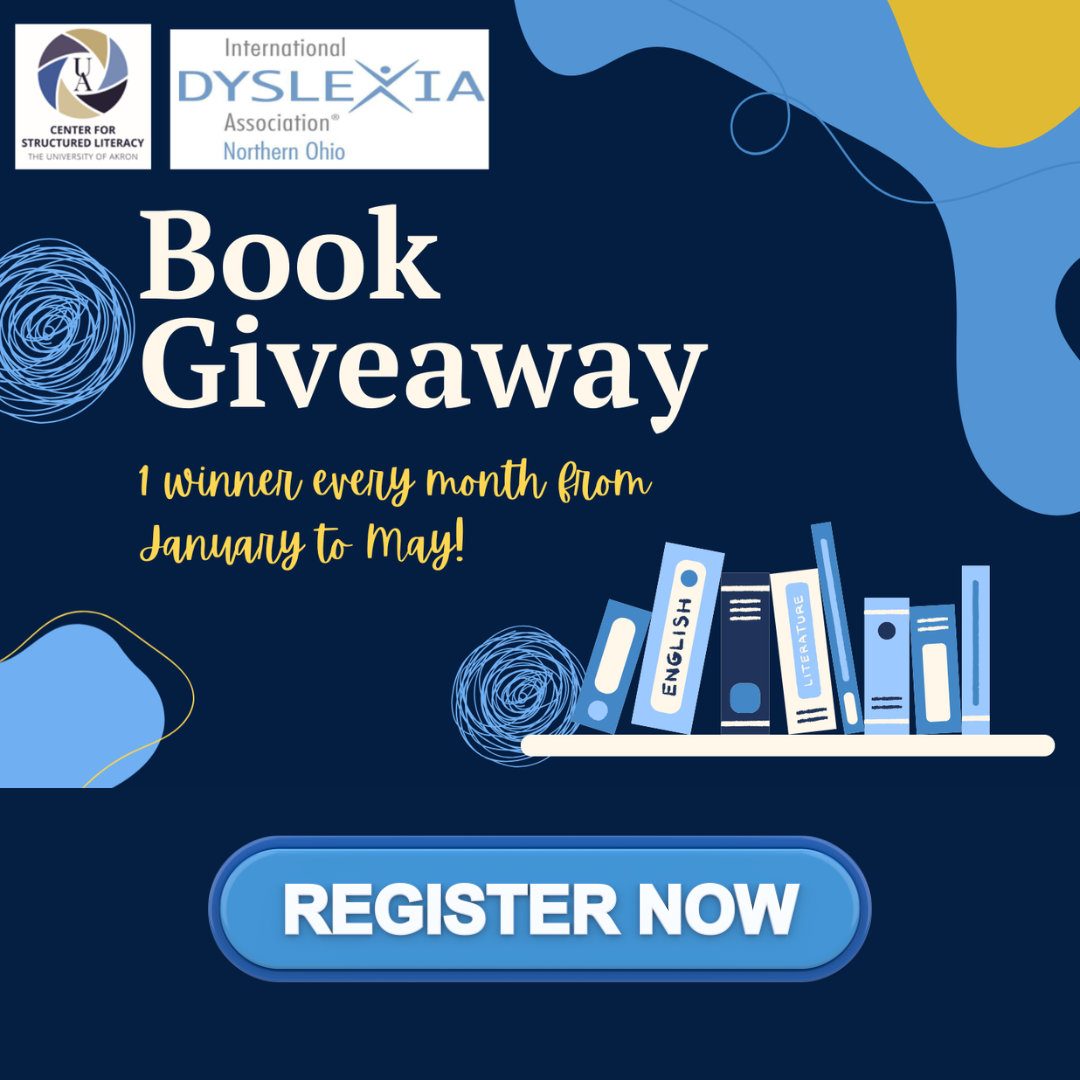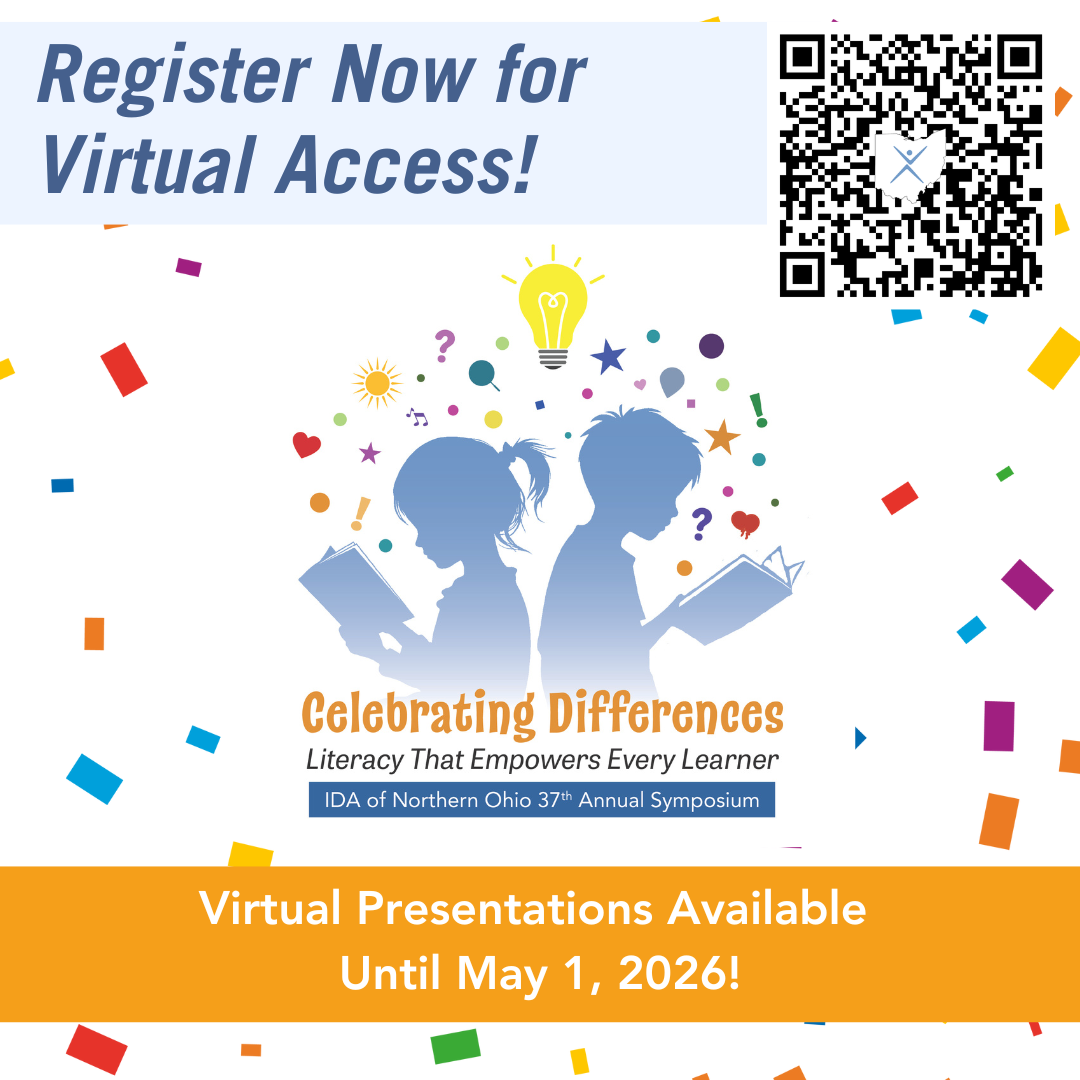Recently I read a blog post by a mom who was describing how overwhelmed she was feeling after her child received a diagnosis of dyslexia. She wasn’t necessarily overwhelmed with emotion, but instead she was overwhelmed by the amount of information she had to sift through to figure out the best thing to do for her child. In the age of surging dyslexia awareness, there are endless articles and blog posts by other parents, professionals, and everyone in between. There are advertisements promising impressive results in small periods of time. There is advice from friends and neighbors that often includes suggesting what worked for their children. This avalanche of information can be conflicting and confusing. It is difficult to discern good, quality advice from snake oil and “quick fixes.” So, let’s unpack all the information that parents, new to the dyslexia, need to know.
Trust Your Instinct
Remember that you know your child better than anyone. When your instinct is telling you that something isn’t right for your child, it probably isn’t. Keep an eye out for those who promise you a specific amount of progress in a specific amount of time. Your gut should tell you that this is impossible without meeting your child and without understanding how dyslexia is affecting him or her. If you are feeling pressured to sign a contract or pay an exorbitant amount up front, sleep on it. The important point here is that dyslexia affects each individual differently and those differences necessitate individualized approaches and the decision of whom to trust is a big one.


